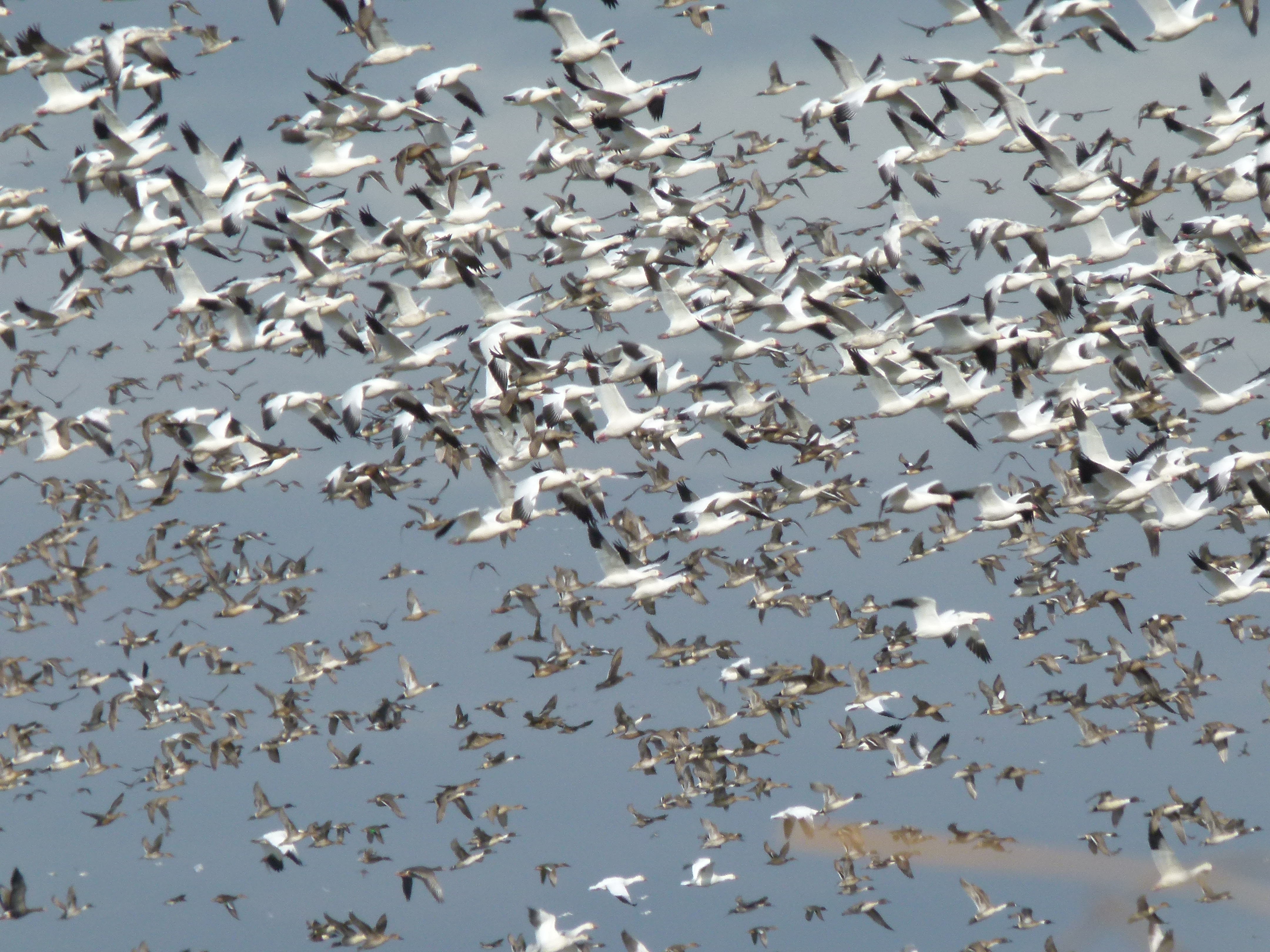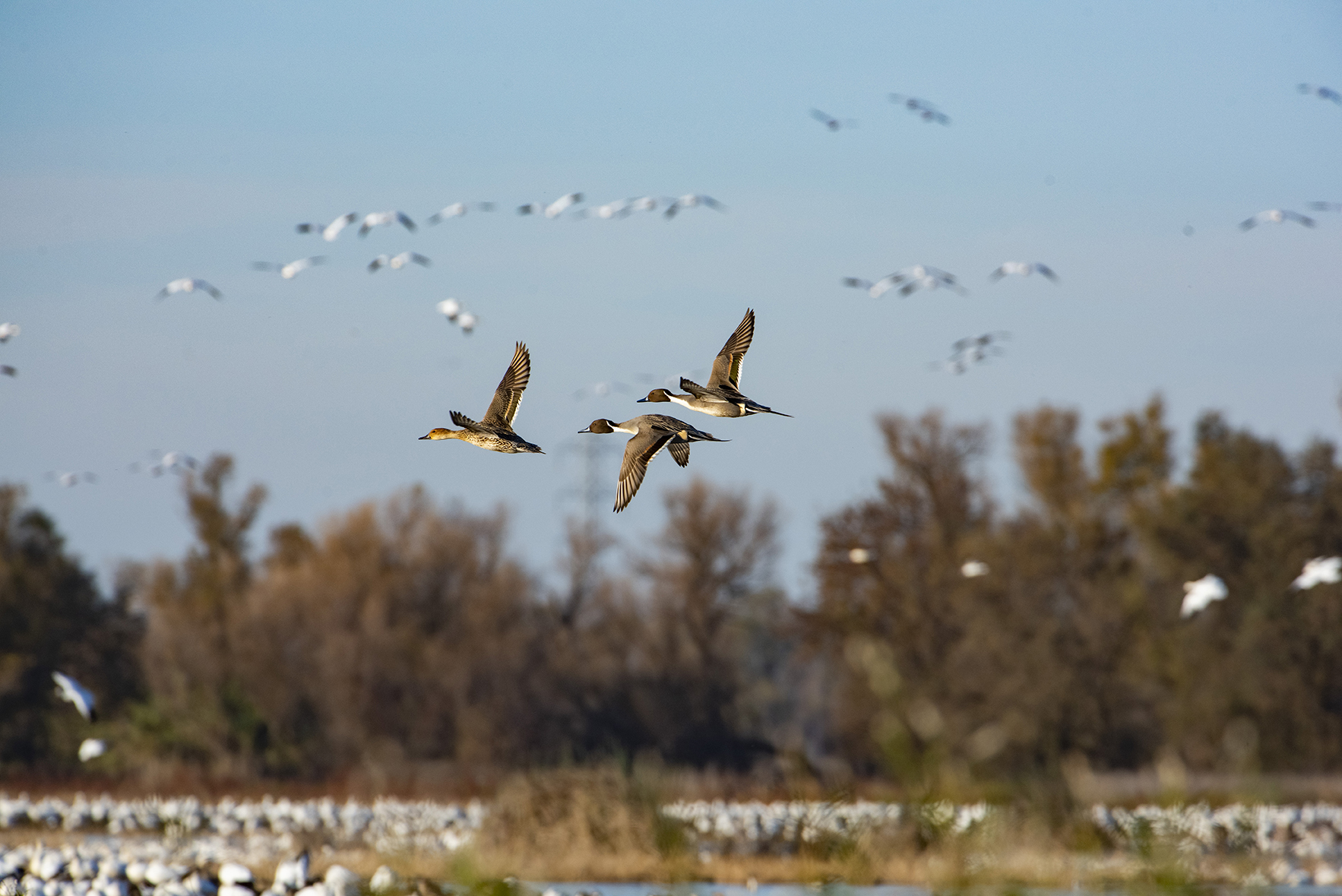
Sep 22, 2022
USDA's APHIS allows limited import of waterfowl from Canada

In response to concerns from a number of national hunting groups, as well as CWA and several California wetland and waterfowl-related organizations (please see PDF of joint letter here), the Animal and Plant Health Inspection Service (APHIS) recently modified its ban on the transportation of waterfowl from Canada to the U.S. to allow for greater flexibility for hunters—many of whom are already in Canada or planning an upcoming trip there.
The ban had been put in place due to fears over the spread of Highly Pathogenic Avian Influenza (HPAI), especially to domesticated birds that are then sold for human consumption.
CWA and other California organizations had asked APHIS to reconsider its September decision, arguing that, regardless of regulations restricting the transport of hunter harvested migratory birds into the U.S. from Canada, avian flu will still be carried by live birds migrating into the U.S. In fact, HPAI has already been detected in California and many other states across the U.S.
The most recent federal requirements are spelled out in a September 12 press release from APHIS:
“Unprocessed hunter-harvested wild game bird carcasses, originating from or transiting Canada, must meet following conditions:
- Viscera, head, neck, feet, skin, and one wing have been removed; and
- Feathers have been removed, with the exception of one wing – as required by U.S. Fish and Wildlife Service (FWS) for species identification; and
- Carcasses must be rinsed in fresh, clean, potable water prior to packaging and must not have visible evidence of contamination with dirt, blood, or feces; and
- Carcasses must be imported in leak-proof plastic packaging and stored in a leak proof cooler or container during transport and import; and
- Carcasses must be chilled or frozen during transport and import.
Cooked or cured meat and meat products (for example, sausage, jerky, etc.) will not be allowed import as U.S. FWS requirements cannot be met to identify the species of wild bird.
Hunter-harvested wild game bird trophies entering the United States from Canada must be fully finished, or accompanied by a VS import permit, or consigned directly to a USDA Approved Establishment.”
Although we recognize the highly infectious nature of HPAI, CWA believes that this latest regulatory change, while helpful, is still too restrictive and even inconsistent, especially since it requires the removal of skin but also correctly mandates that a fully feathered wing (with skin) remain attached. In our view, the regulation should have at least allowed for the transportation of gutted, plucked birds (skin attached) with heads, neck, feet and all viscera removed but a fully feathered wing attached (consistent with USFWS regulations).
Many hunters are more familiar with plucked, whole bird processing, with a significant number even preferring it over other methods.


